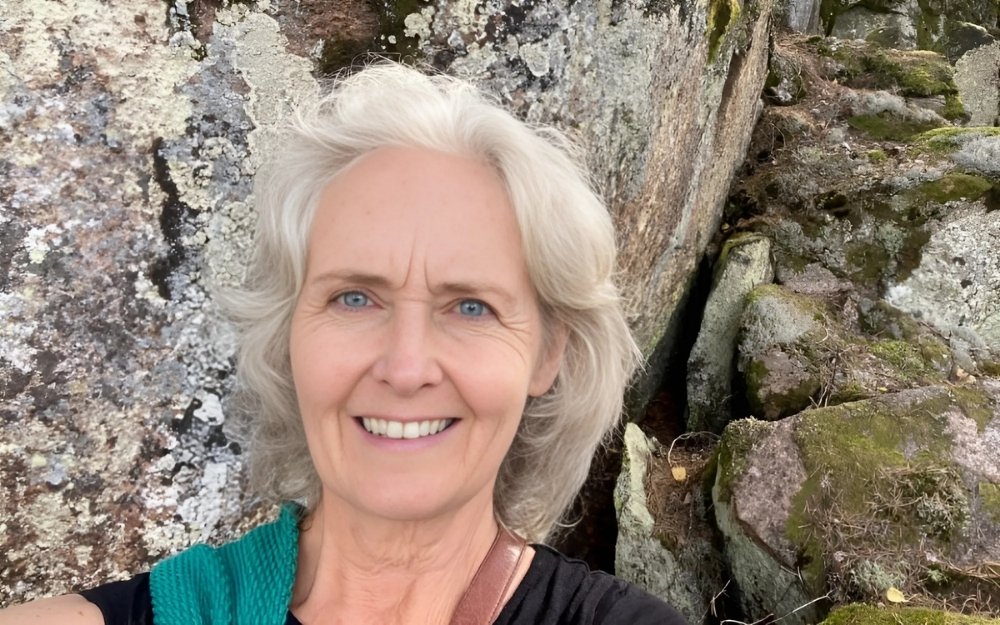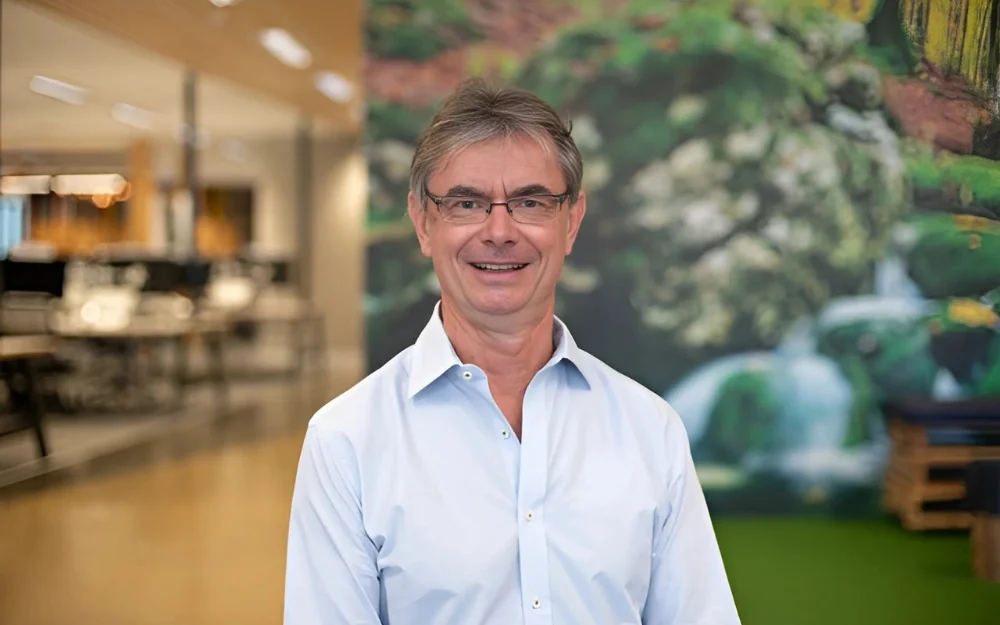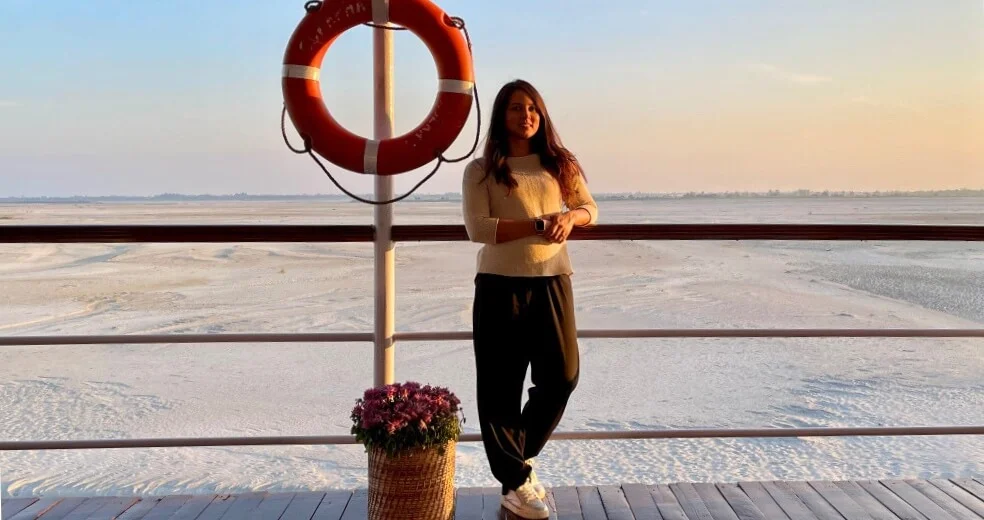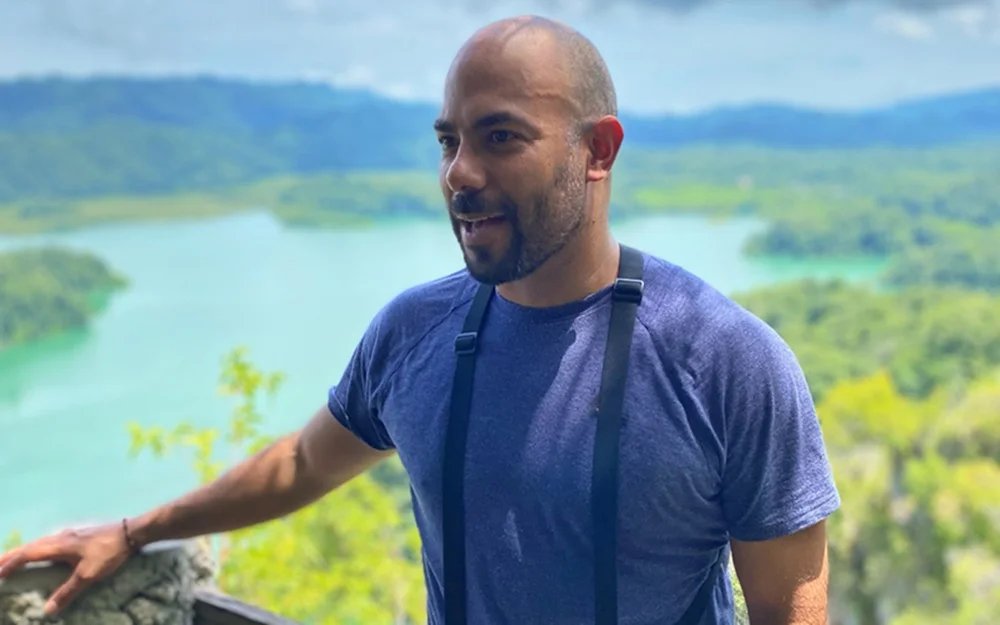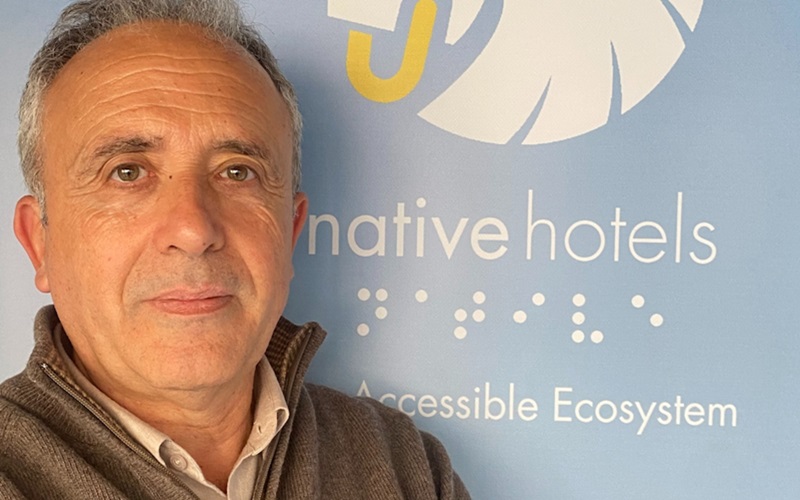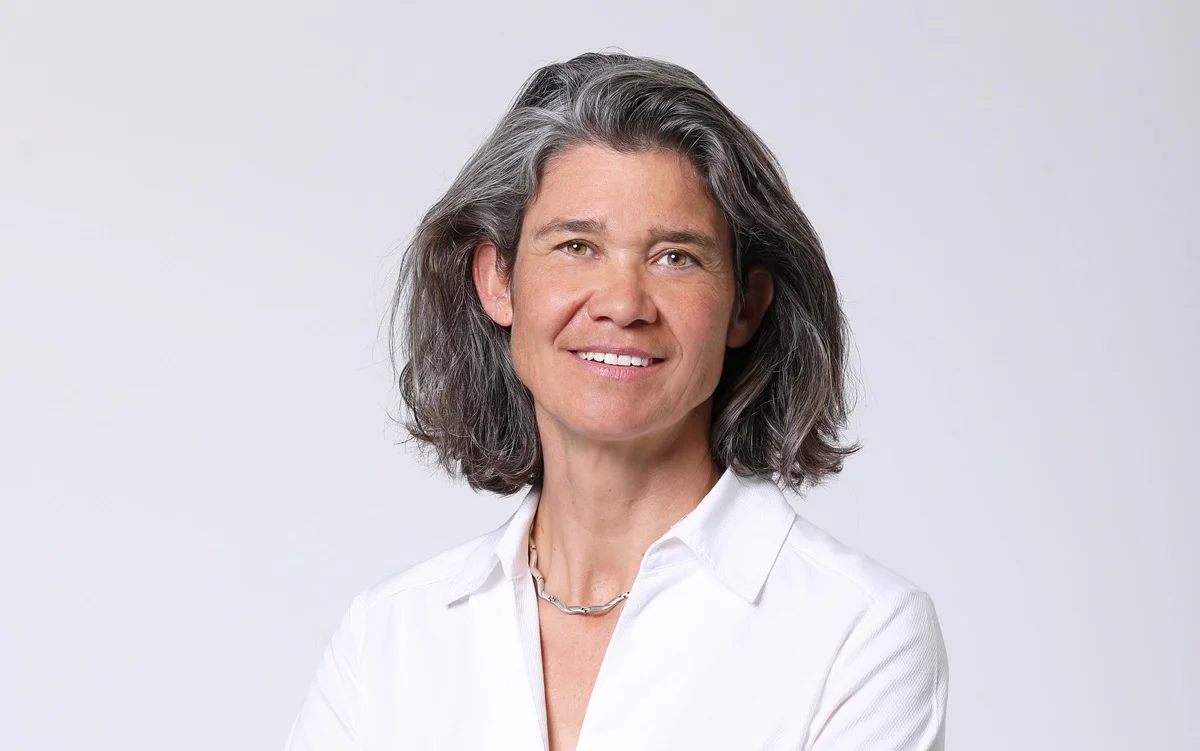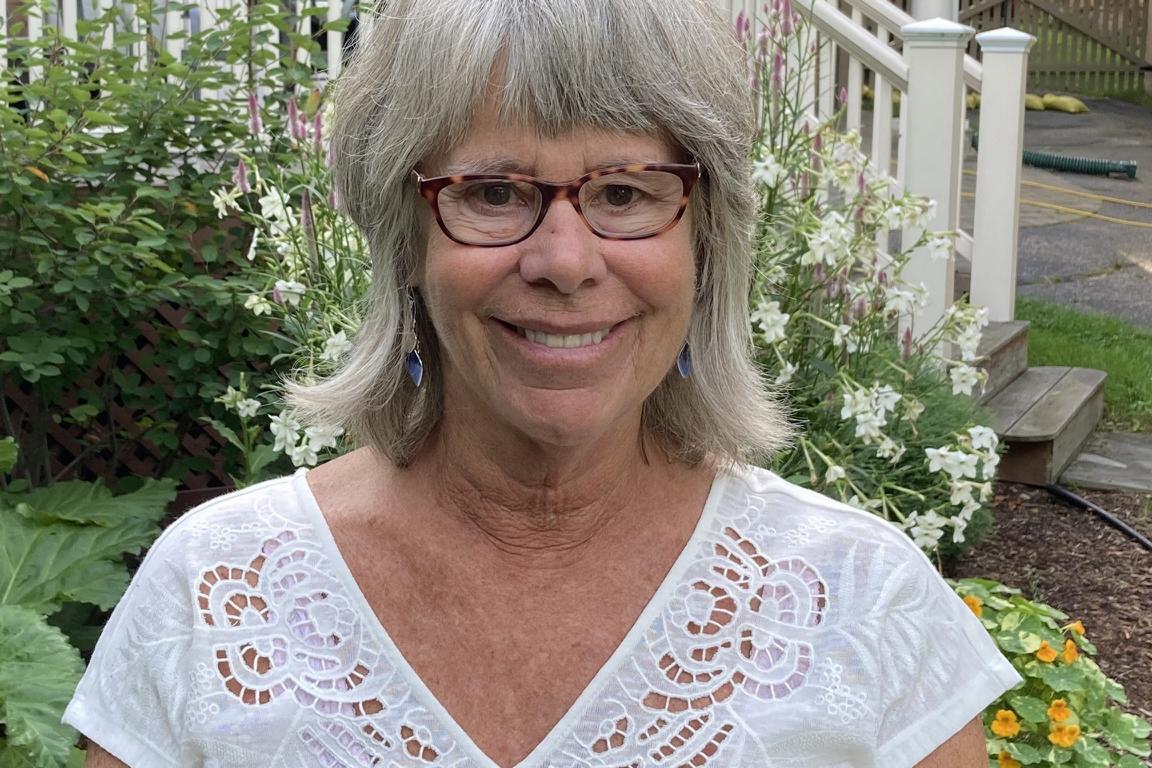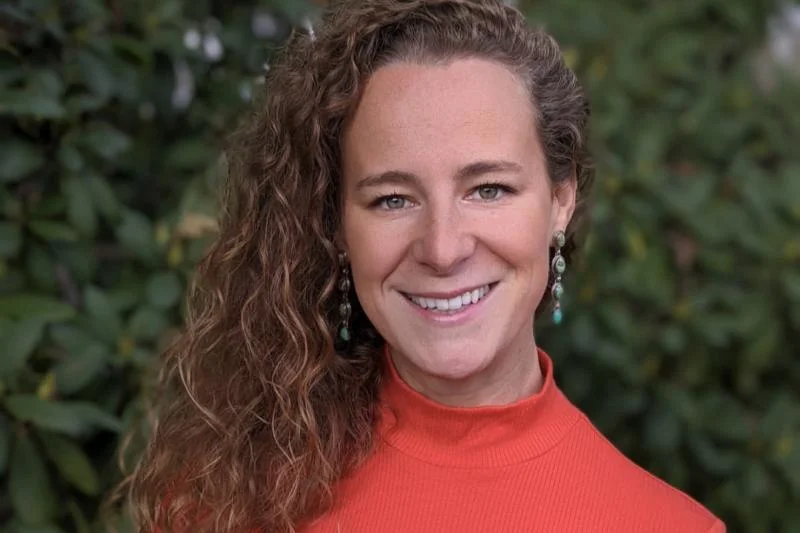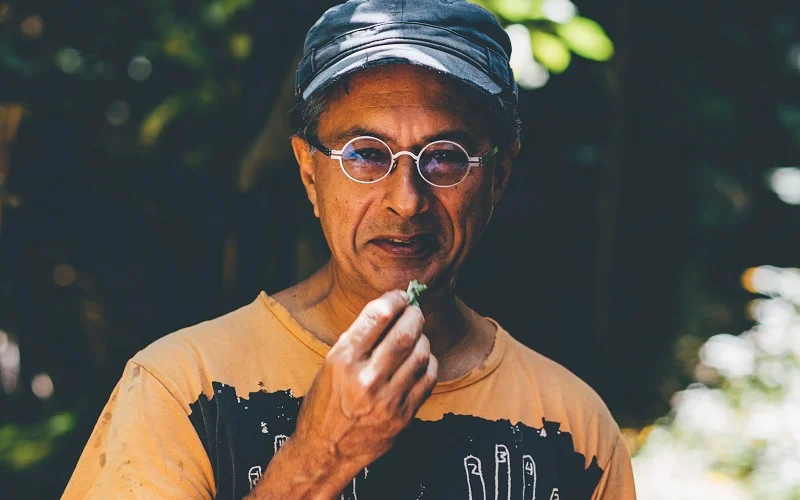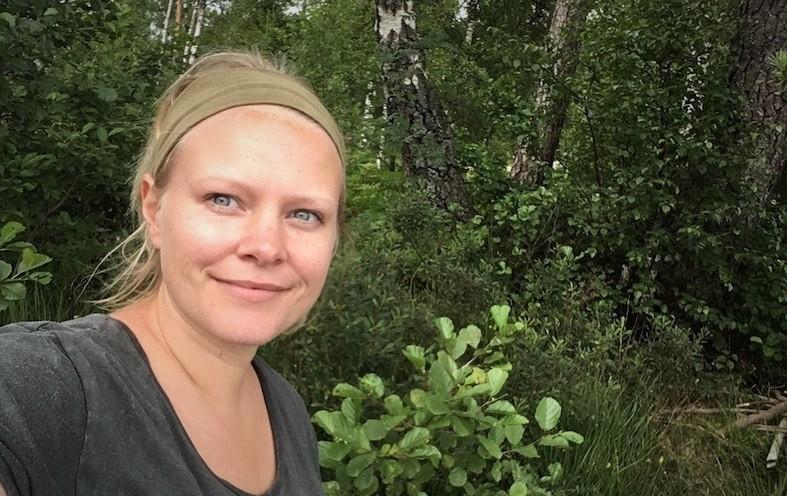
Meet Linda Veråsdal, founder of the Ethical Travel Portal, sharing her story and experience as part of our series of interviews with sustainability leaders and changemakers. Among other topics, Linda illustrates how tailor-made responsible travel packages can have a transformative, positive impact on communities, especially in remote areas of The Gambia where she and her team have been actively promoting sustainable tourism for several years.
Linda also discusses the challenges plaguing the travel industry in The Gambia, including the current travel freeze caused due to the coronavirus pandemic. The social entrepreneur and responsible travel champion calls for a holistic crisis management plan to prepare the industry from similar setbacks in the future.
Linda, as a passionate ethical traveller, do you remember the first time you heard about sustainable tourism?
Not exactly, but there are 2 – 3 occasions that I know of that had an impact on me! When I grew up, our holidays were always in Norway. Not too far away from where we lived. My parents have always been interested in our heritage & culture, which became a part of our holidays. From old building techniques to traditional arts and crafts, offbeat with local communities, eating slow food, and so on. The interest must have started from there.
Post that, the explorer in me woke up and it was time to step outside of the Norwegian borders. During one of my first longer overseas travels, I encountered responsible vs. irresponsible experiences during a voluntourism trip to beautiful Guatemala. It was completely out of control.
Sustainable tourism as a subject I heard for the first time around 2001. I was studying Visitor Management at the University of Stavanger and a guest lecturer gave us the basics of sustainable tourism.
Adding those early experiences together, I knew what my field in tourism would be.
What distinguishes an ethical traveller from a ‘normal’ one?
I believe it is a combination of what the traveller wants to experience and chooses how that experience is being delivered to them. The curiosity to get to know another place, its nature, learn about traditions, culture, arts & crafts from the local people themselves.
Instead of rushing, it is about travelling slow, experiencing, learning, and moving into a more transformative way of travel. All that, and at the same time making sure their holiday is having a positive impact and contributing to the local community they are visiting.
How has your view on the potential of tourism as a tool for a more sustainable travel industry changed since establishing the Ethical Travel Portal?
Being in the middle of the COVID-19 crisis, the need to use tools for sustainability and creating a more ethical travel industry is more important than ever. The world is changing, travellers’ needs are changing and we – the travel industry – need to change and adapt as well. It will not be business as usual, and as we build tourism back, it has to be done better than how we left it pre-COVID-19.
Sustainability is a part of that, not only in the experiences we want to offer but also in preparedness for another crisis. We all have to reset and look at what we can do to be better, for our communities and their people, our planet, and also, for our travellers.
What is the Ethical Travel Portal all about?
Ethical Travel Portal is a hub for selling responsible tourism packages, an online ethical magazine of inspirational travel stories, and a consultancy.
For the tour operating part, we offer trips to various countries. All local partners and experiences have been vetted for their sustainability before they become part of our portal. We are also working on the ground in Norway, The Gambia, and Nepal where members of our team are present.
In our ethical magazine, we write about people and places, good practice, and ethical issues. It is also open for external writers to contribute as well. Currently, we are working with Tina Hudnik and Maja Čampelj from G-Guides in Slovenia on presenting the monthly winner of the Green Microphone Award.
The consultancy part: together with my business partner Raj Gyawali and a handful of selected specialists, we use our expertise in responsible product development and marketing to work on the ground with different projects. We connect those projects to our marketplace at ETP.
We often see the development of great sustainable local products, but unfortunately, some of them never reach the market. The Ethical Travel Portal as a platform seeks to close that gap.
Would you say that the tourism industry as a whole has improved in terms of its sustainability in recent years?
I would like to say yes, but I also think it is going too slow! However, I see how the community is growing with more and more passionate people and companies pushing forward for sustainability. It is definitely happening! The bigger leaps are yet to be achieved. With COVID-19, as discussed above, this is our time to build back better!
The Gambia is among your favourite destinations and also your second home. What attracts you to the country?
I first came to The Gambia in 2006, as part of my Masters in Responsible Tourism Management, doing a course on Responsible Destinations led by Professor Harold Goodwin and Adama Bah. The week combined classroom lectures and field excursions, a perfect combination to understand how theory is working in practice. It most certainly helped me understand how responsible tourism theory can be adapted locally.
That trip was the first of many returns to The Gambia. In January 2008, ETP organised our very first learning experience, which went to The Gambia! Now, I live here several months per year, with my partner David White, who owns Footsteps Eco Lodge.
The Gambia is a country that captures many people, reflected by the high percentage of repeater tourists. It is very relaxed, and easy to get to know the amazing people living here.
Adama Bah in his interview expressed his frustration that tourism in The Gambia has traditionally been controlled mainly by foreign powers and investors. In your experience, is this still the case?
To a large degree, that is still the case. But, foreign ownership is not all bad. It depends on the responsibility the owner personally has towards the business and local surroundings. Foreign or not, to run a sustainable business the owner has to make sure it is well anchored locally, including employing local people on fair salaries and year-round contracts, sourcing food produced in the country where possible, promoting locally made souvenirs, activities, local guides, and drivers, respect the culture and local custom, environment, make sure the money stays in the country – register legally, pay taxes, re-invest into the country, and so on.
Footsteps Eco Lodge (owned by my partner, so I am quite biased here) is foreign-owned, but we practise what I mentioned above, and more. Running for 20 years now, with all staff on full-year contracts and continues to have 50% of its original staff, which is a good sign of sustainability.
Another initiative is led by Adama Bah and Lucy McCombes, the driving force behind (together with a team in The Gambia and UK) the Ninka Nanka Trail: a responsible community experience, including community-based tourism in rural communities along and on The River Gambia, bringing together a wide range of stakeholders and communities.
Fair Play is a community initiative well-anchored locally in Janjanbureh upriver that offers private chartered riverboat for multiple days, kayaking, birdwatching and fishing, and community activities.
The Gambia Cotton Trail is an initiative Daouda Niang and myself are working on. We work with local organisations and across industries from farmers, spinners, weavers, tailors to local artists. Some of the produced fabric is exported to ethical brands, and some sold within the country per metre or as ready-made souvenir products for responsible shoppers to bring back home. Travellers can also join the trail across the country with cotton, local handicraft, culture, and tradition as a theme!
All the mentioned initiatives involve spreading the travellers from the coast to the upcountry. It attracts adventurous and ethical travellers, well needed to spread the benefit of tourism throughout The Gambia.
Which are the main challenges in The Gambia right now, preventing businesses or destinations from becoming more sustainable?
The season here is very short, from November to April, with peaks within the season. Business owners need to start planning for the whole year and not as a project starting in November and ending with the last flight that departs at the end of April.
For example, during the off-season, a lot of people are laid off without any salaries – or retainers, until they might be lucky to get a new contract in November again.
In the past few years, we have had to face Ebola (though no cases in The Gambia), change of government issues, end of Thomas Cook, and now COVID-19. The result has either been a very reduced season or one suddenly cut short. We need a holistic crisis management plan in place, before the next set back.
Another challenge and threat is the rate at which natural resources are being destroyed. The Gambia is an eldorado for bird watchers and nature lovers. It has miles of trails that are not yet developed for walking and hiking tourism.
But, we’re seeing the coastline being destroyed by sand minders, fish factories polluting the environment, and deforestation happening at a high speed. I am afraid if this is not controlled in the near future, locals will lose great resources. And, the reasons due to which many travellers visit The Gambia for, time after time after time, will disappear.
What does it take to become a responsible tour operator?
In short, drive and passion for what you are doing and believing that what you do, is the right way forward! Build great partnerships, be transparent, and don’t be afraid of sharing good (and bad) practices. Listen, learn, and adjust when needed!
Tourism professionals sometimes avoid engaging with ‘sustainability’, since it is not something usually part of their KPIs. Reflecting on your own experience, which advice can you share with tour operators in terms of how to deal with ‘selling’ sustainability to their stakeholders and clients?
If you work on the story behind what you are selling, a lot is already done, in particular with clients. Let sustainability be a natural part of the conversation – in a language everyone understands.
I don’t necessarily believe that sustainability needs to be listed by bullet points. It is important to tell what you are doing, why, and how you want to move forward together with your stakeholders!
But sustainability measurements should be part of a key performance indicator. Maybe we will see that now, post COVID-19.
Thank you, Linda.
Connect with Linda Veråsdal on LinkedIn and engage with the Ethical Travel Portal on Facebook, Twitter, or Instagram.
Did you enjoy our interview with Linda Veråsdal, on the power of ethical travel, The Gambia as a destination for responsible travellers and how she works with colleagues and communities to contribute to more sustainable tourism? Thanks for sharing!

